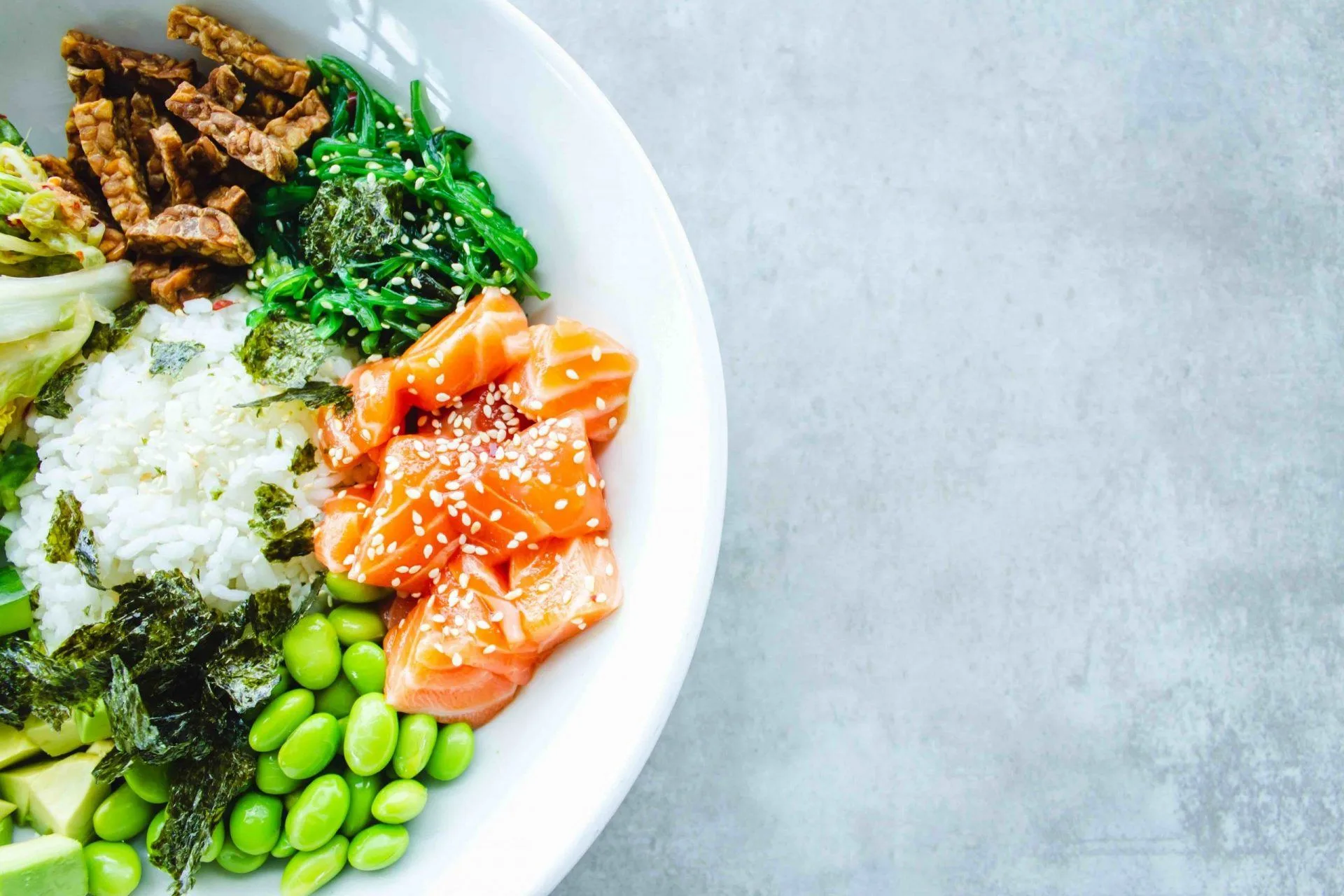The psychobiotic diet is a combination of the words “psychology” and “probiotics” which suggests that certain types of bacteria found in the gut can affect our mental health and well-being. This diet is based on the idea that consuming certain types of foods and probiotics can help to improve our mental health and overall well-being.
How does the psychobiotic diet work?
The psychobiotic diet is based on the idea that the gut-brain axis is a two-way street. This means that what we eat can influence our gut bacteria, which in turn can impact our brain and mental health.
The foods in focus of the psychobiotic diet included those known to influence the microbiota, namely, whole grains, prebiotic fruits and vegetables, fermented foods, and legumes while discouraging consumption of “unhealthy” foods such as sweets, fast food or sugary drinks.
Consuming foods that are high in probiotics, such as yogurt and kefir, can help to improve the balance of good bacteria in the gut, which can have a positive impact on our mental health.
What are the benefits of the psychobiotic diet?
A psychobiotic diet can have a number of benefits, including:
- Better mood: Studies have shown that consuming probiotics can help improve mood and reduce symptoms of depression and anxiety.
- Boosting memory and cognitive function: Consuming probiotics have been found to improve memory and cognitive function.
- Improved digestion: Probiotics can help improve digestion and reduce symptoms of bloating and gas.
- Supporting weight loss: Probiotics can help reduce inflammation in the gut and improve the balance of gut bacteria, which can support weight loss.
What foods should you eat on the psychobiotic diet?
To follow a psychobiotic diet, it’s important to focus on consuming foods that are high in probiotics, such as:
- Yogurt and kefir: These are both great sources of probiotics and are easy to find at most grocery stores.
- Sauerkraut and kimchi: These fermented vegetables are high in probiotics and also add a nice crunch to meals.
- Miso and tempeh: These are both fermented soy products that are high in probiotics and can be used in a variety of dishes.
It’s important to note that the psychobiotic diet is not a replacement for any medical treatment and should be used as a complement to any prescribed treatment. If you have any concerns about your diet or mental health, it’s important to speak with a healthcare professional.
Watch this TED talk to learn more
The Takeaway
The psychobiotic diet is a new approach to nutrition that focuses on the connection between the gut and the brain. By consuming certain types of foods and probiotics, we can improve our mental health and overall well-being.
Eating foods that are high in probiotics, such as yogurt and kefir, fermented vegetables, and soy products can help to improve the balance of good bacteria in the gut and have a positive impact on our mental health.
It’s important to note that the psychobiotic diet should be used as a complement to any prescribed treatment and to consult with a healthcare professional if you have any concerns.
Main Photo by Louis Hansel on Unsplash

Scientific Reference Quoted in This Article
-
Feed your microbes to deal with stress: a psychobiotic diet impacts microbial stability and perceived stress in a healthy adult population
Kirsten Berding, Thomaz F. S. Bastiaanssen, Gerard M. Moloney, Serena Boscaini Conall R. Strain,
Andrea Anesi, Caitriona Long-Smith, Fulvio Mattivi, Catherine Stanton, Gerard Clarke, Timothy G. Dinan John F. Cryan
Molecular Psychiatry volume 28, pages 601–610 (2023)
Other scientific reading references exploring the value of psychobiotics
-
Sarkar A, Lehto SM, Harty S, Dinan TG, Cryan JF, Burnet PWJ. Psychobiotics and the manipulation of bacteria-gut-brain signals. Trends Neurosci. 2016;39:763–81.
Article CAS Google Scholar
-
Dinan TG, Stanton C, Cryan JF. Psychobiotics: a novel class of psychotropic. Biol Psychiatry. 2013;74:720–6.
Article CAS Google Scholar
-
Han Y, Xiao H. Whole food-based approaches to modulating gut microbiota and associated diseases. Annu Rev Food Sci Technol. 2020;11:119–43.
Article CAS Google Scholar
-
Uemura M, Hayashi F, Ishioka K, Ihara K, Yasuda K, Okazaki K, et al. Obesity and mental health improvement following nutritional education focusing on gut microbiota composition in Japanese women: a randomised controlled trial. Eur J Nutr. 2019;58:3291–302.
Article Google Schola



![women [longevity live]](https://longevitylive.com/wp-content/uploads/2020/01/photo-of-women-walking-down-the-street-1116984-100x100.jpg)










